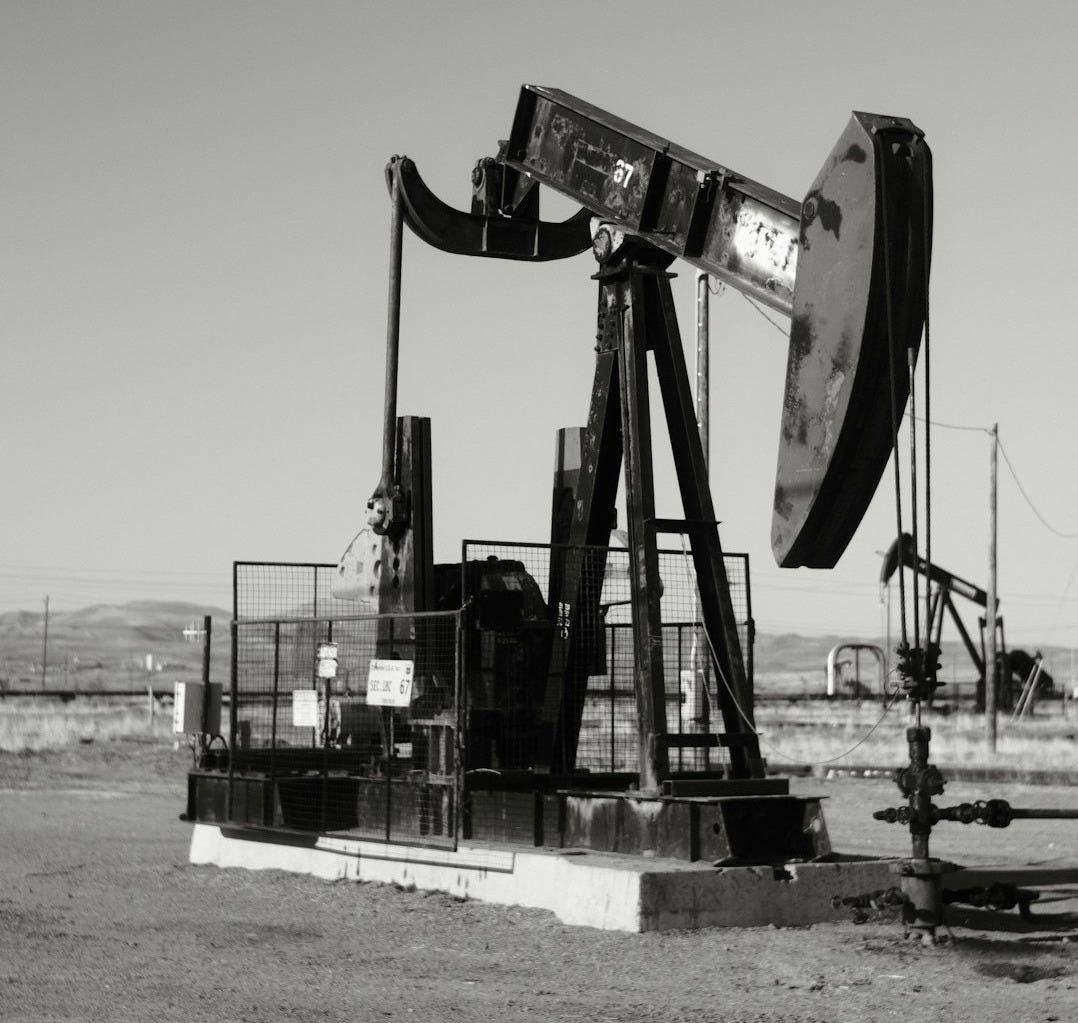The Oil Industry Wrote a Wishlist. Trump’s Interior Department Is Delivering.
A top oil trade group submitted a policy wishlist to top DOI appointees. The Department is moving quickly to give industry what it wants.

The oil industry wants many things out of the Trump administration, and it has collected its top priorities in a wishlist of sorts. Titled “Enabling Energy Dominance: Federal Policy Levers,” the 9-page document contains a sampler platter of Big Oil’s major policy desires, from rolling back key Endangered Species Act reg…





